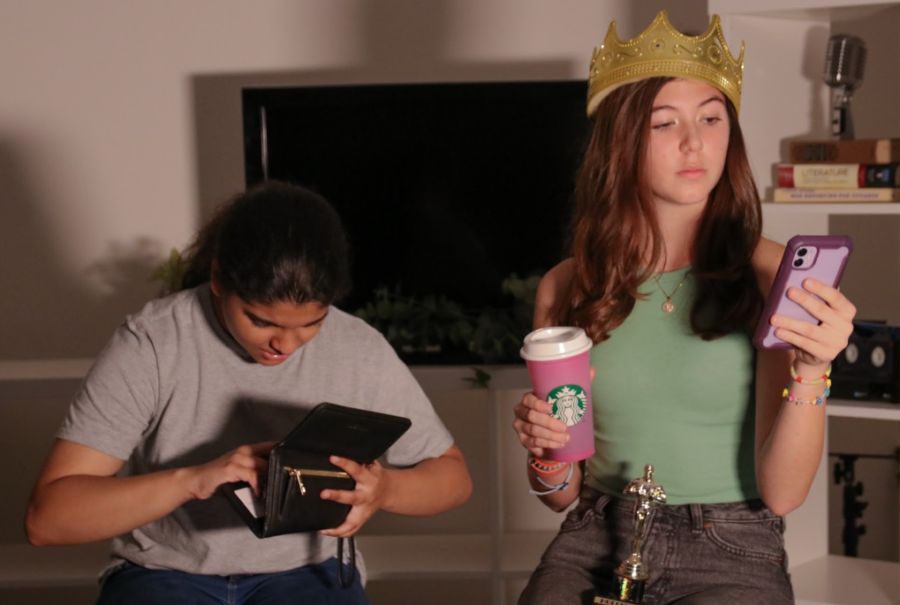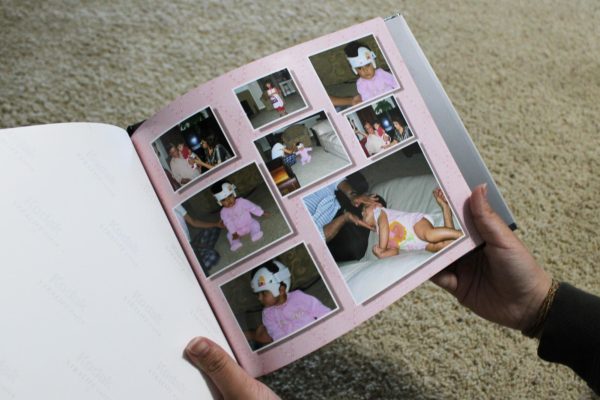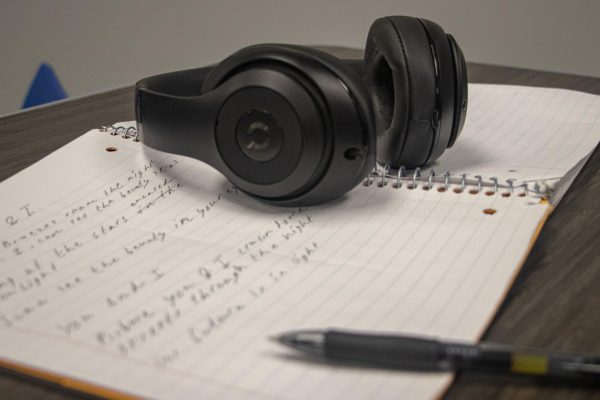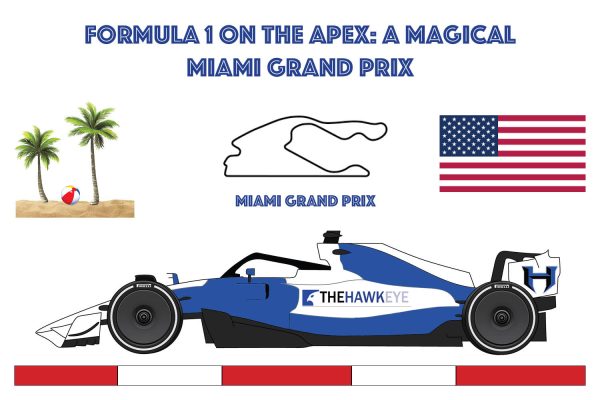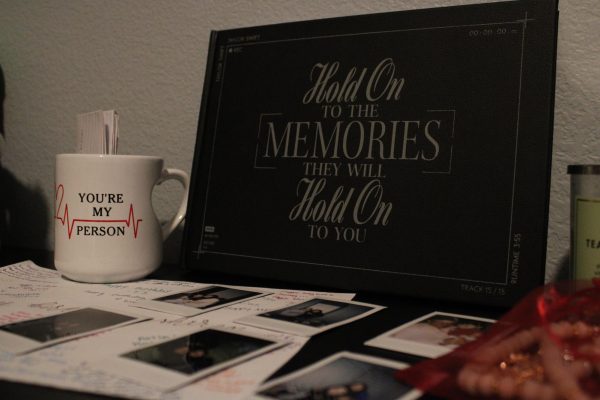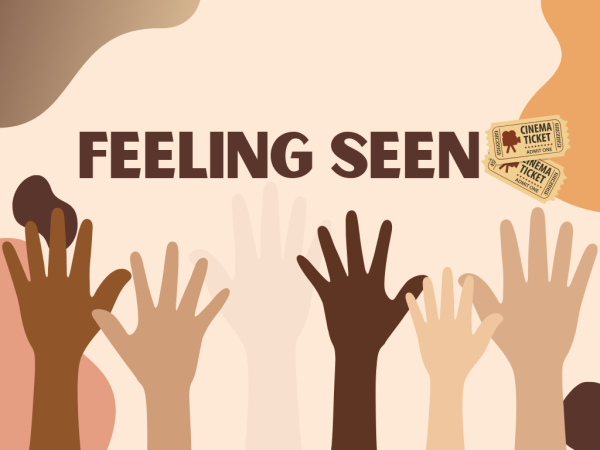Opinion: The American plight of privilege
The first time I realized the world was not fair was on the playground as a child. The older boys on the playset claimed the swings were theirs and scared away others who wanted to play in order to maintain their spot on the playground equipment. As a young girl, I felt powerless and similarly the rest of the intimidated kids accepted the new rule and didn’t bother them.
Though we are not on the playground anymore, the same inequalities and power imbalances are applied in the real world, but even scarier. Back then teachers could protect us from getting hurt and scold the perpetrators. But now disadvantaged people are expected to just deal with it and unfortunately, the harm and pattern of privilege is irreversible.
From the beginning of our country’s existence, there has been a divide between economic classes. Non-property-owning men were not allowed to vote, nor allowed to have a voice in their communities. The rich, who owned acres of land, lived lavish lives and were respected, while indentured servants and poor farmers survived through poverty as best as they could in a world that was not made for them. It’s a dog-eat-dog world.
Throughout the Industrial Revolution, children had to work in mines that slowly killed them, and, in the present, immigrants fall into labor-inducing jobs. The cycle of poverty is generational for these communities simply because the access that children born into rich and middle-class families have to wealth and financial stability is just not there for children without that kind of support in lesser income households. Even today, getting into college or even obtaining a job, teenagers have to work 10 times harder upon entering adulthood, and simple things like light, food and water become privileges over a basic necessity.
But one thing far worse in some cases is the stigma somebody receives for being at an economic disadvantage. When I was a kid, my friend came up to me and told me that she could not bring a present to my birthday party. Even though I assured her it was fine, I was internally judgmental and wondered silently if she just did not like me. That was, until she told me her single mother could not afford to keep the lights on and purchasing my present wasn’t their financial priority at the moment. That narrative completely flipped my perspective, and I realized that even my friends could be struggling while I turned a blind eye due to my own internal privilege.
Along with financial privileges, racial privileges are especially relevant in America. Due to unfair social and historical circumstances, people of color typically make up a huge portion of the financially disadvantaged in America. They also have a tendency to be a target of inequality. As an Asian-American woman, I am especially attuned to know the stereotypes associated with being a minority and the privilege that we do not have to be compared to white people.
For those who deny racism or lighten the impact it has on students, I compel them to think of Native Americans brutally warred upon for years and forced out of their homes on the Trail of Tears by white individuals, for black Africans who were brought overseas in chains and stripped of their humanity, Chinese immigrants who had rocks thrown at them and paid almost nothing while they put down tracks of American railroads and so much more.
The very foundations of this country were built on false hope for liberty for all, where “unalienable rights” are actually property-owning white men’s’ rights, who used immigrants and slave labor to put down the bricks of America, claiming that this is the “land of the free.”
America is one of the most privileged countries in the world yet hidden in the layers of our economy and our treatment of people with different situations than us. Whether on the playground, or in our daily lives, nothing will change unless our mindset does.
It takes small steps, such as being gracious to those in positions of lower privilege, helping people around us as much as possible, and choosing kindness. It can be buried in history, or be found right in front of us, but nonetheless, privilege can make us blind. The plight of American privilege is ignorance – and I call you to take a step forward by opening your eyes and truly seeing the way privilege has affected the people around us.
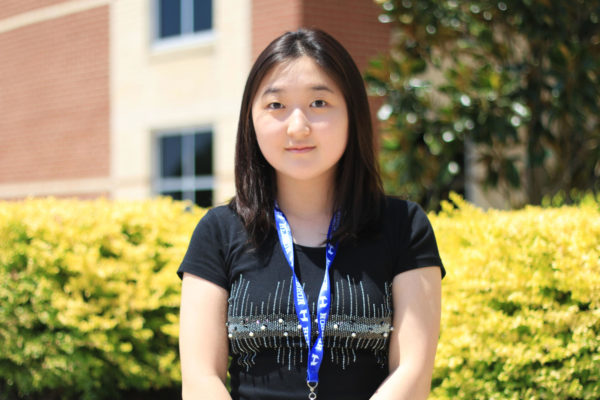
Senior Juliana Mun is the opinion editor and this is her second year on staff. In her free time, she enjoys writing long stories, traveling and going out...



